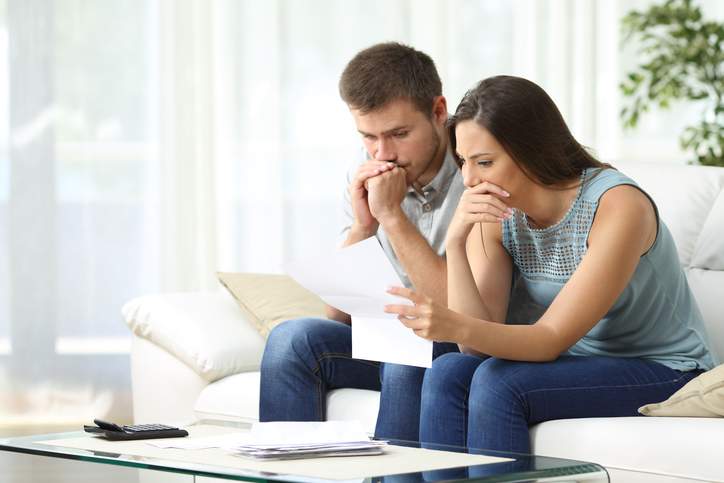Most of us don’t think twice about using direct deposit for our paychecks or swinging by the ATM to grab cash when we’re running low. But for the nearly 16 million US households that are currently “unbanked,” those things are impossible.
If you’re not familiar with the phrase, a person or household is considered “unbanked” when they are not served by a bank or other financial institution in any capacity. Additionally, 16 percent of Americans are considered “underbanked.” This means they have a traditional bank account, but also use alternative financial services, such as payday loans or car title loans. Let’s take a look at how it happens, the downsides of being unbanked or underbanked, and some potential solutions.
How it Happens
Some people choose to be unbanked because they don’t trust traditional financial institutions. Others opt for it because they think being unbanked will help keep creditors or collection agencies at bay (it won’t). However, the majority of those who are unbanked find themselves in that situation as a result of past financial mistakes. At a certain point, banks see these customers as a bad risk, and opt not to do business with them.
It Doesn’t Stop Collection Efforts
Some consumers mistakenly believe that being unbanked makes it impossible for creditors and collection agencies to pursue repayment. In reality, that’s not the case at all. In fact, what is likely to happen is creditors being even more aggressive, and using wage garnishment to collect unpaid debts. If you are intentionally unbanked due to credit issues, we have a better option. Credit Counseling and possibly, a Debt Management Plan, can help you address your debt and find a realistic repayment solution.
It Makes Life More Complicated
Being unbanked means things like cashing checks and paying bills are costly and time-consuming. Those who are unbanked often must rely on check cashing services to cash paychecks because they don’t have direct deposit. They also have to pay bills using money orders, which adds time and expense to the process. And not having a debit card or checks means having to carry cash for everyday expenses such as gas and groceries. If you lose cash or someone steals it, there’s no way to get it back. Pre-paid debit cards are an option, but they may carry high usage fees and can be hard to manage.
Explore Options to Get Back on Track
Once unbanked, it can be challenging to get back into the financial mainstream, but it’s worth the effort. Some options for doing so include:
- Second Chance Checking Accounts—Some banks and credit unions offer these accounts as a way to return to traditional banking. They often lack the perks and features of other checking accounts, but if a consumer manages a second chance account responsibly, they may have the opportunity to upgrade to a traditional account within a year.
- Working With a Credit Union or Local Bank —Credit unions and local banks are often willing to work one-on-one with customers. In addition to second chance checking accounts, these institutions may offer small personal loans. These can help consumers re-establish financial responsibility.





